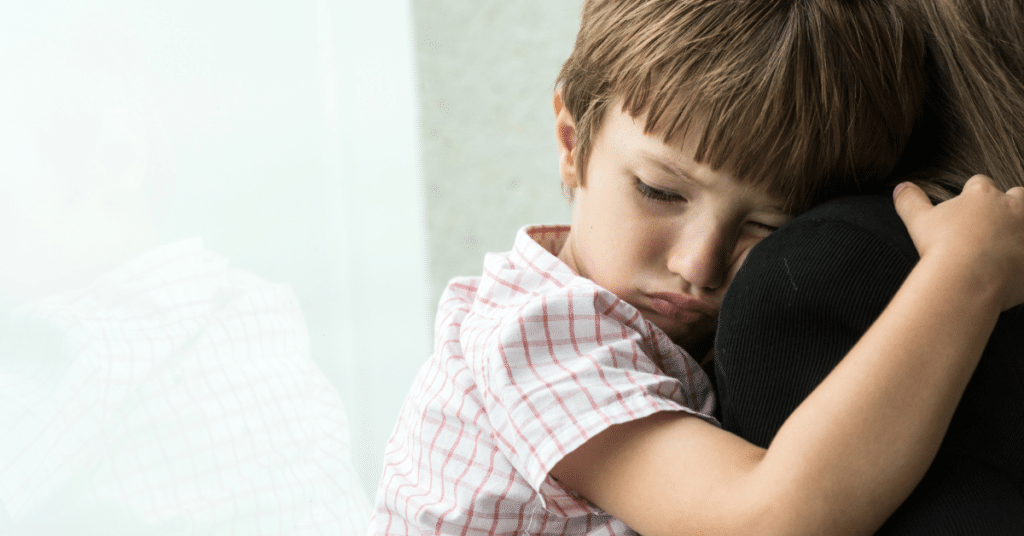The American Academy of Pediatrics, American Academy of Child and Adolescent Psychiatry and Children’s Hospital Association declared a state of emergency in child and adolescent mental health, citing the ongoing COVID-19 pandemic and the inequities that result from structural racism. The Council on Recovery remains steadfast in our goal to help any and every child and adolescent affected by substance use and other mental health disorders in the midst of these national crises.
Child and adolescent mental health had worsened in the decade before the pandemic, with suicide becoming the second leading cause of death among this population by 2018. This only intensified with the challenges children and adolescents faced in the last year and a half. Students lost consistent access to friends and adults supports. Many took on new responsibilities, including childcare, housework and part time jobs, putting added pressure on developing minds. Tragically, more than 140,000 children in the U.S. lost a primary or secondary caregiver to COVID-19, with youth of color disproportionately impacted.

With substance use disorders and overdoses continually skyrocketing across all demographics, we commend and support the proposals included in this state of emergency declaration, including but not limited to:
- Increase federal funding dedicated to ensuring all families and children can access evidence-based mental health screening, diagnosis, and treatment to appropriately address their mental health needs, with particular emphasis on meeting the needs of under-resourced populations.
- Improve access to technology to assure continued availability of telehealth to provide mental health care to all populations.
- Increase implementation and sustainable funding of effective models of school-based mental health care.
- Fully fund comprehensive, community-based systems of care that connect families in need of behavioral health services and supports for their child with evidence-based interventions in their home, community or school.
- Promote and pay for trauma-informed care services that support relational health and family resilience.
“One thing we know is that children and adolescents are 100% our future,” says Alejandra Ortiz, LMSW, adolescent therapist at the Center for Recovering Families, “And it is our responsibility that they feel empowered and safe enough, physically and mentally, to take on the curve balls life can throw at them.”
The Council’s Center for Recovering Families offers assessment, counseling, education and support for children and adolescents. This can include parent consultations and coaching as well. To learn more about our Children & Adolescent Services, call 713.914.0556, or contact us through our website today.
